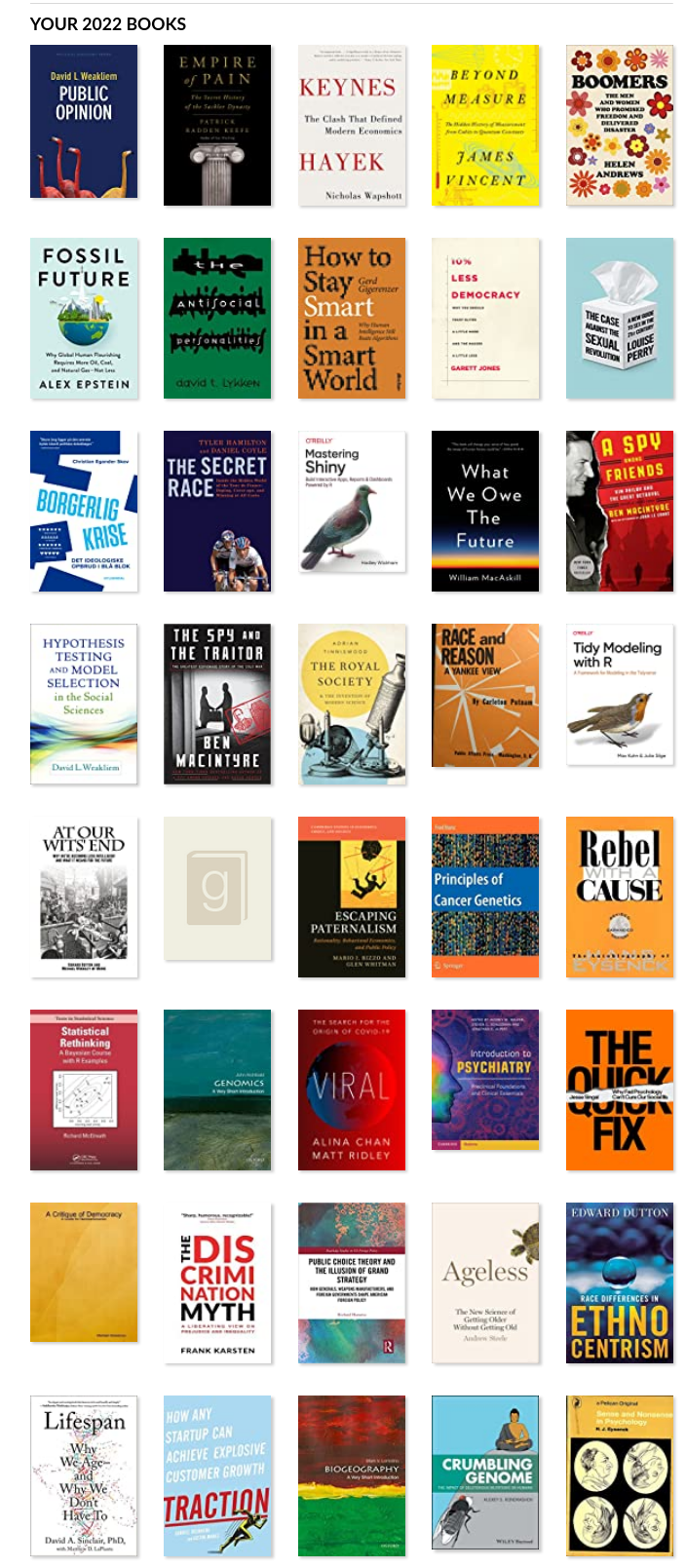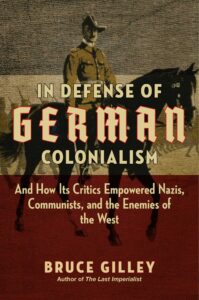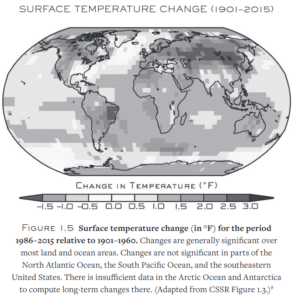As per usual, a brief recap of what I read in 2022. You could consider this my personal notes, or mini-brook reviews á la Bryan Caplan’s recent post. Visually, looks like this:
Instead of a paragraph, what about one bullet point per book? Here we go:
- Public Opinion by David L. Weakliem (2021). A short introduction to looking at opinion surveys in political science. This book has focus on presenting a lot of new analyses of public datasets. Reading the book is much like reading the author’s blog, which I also recommend: Just the social facts, mam.
- Empire of Pain: The Secret History of the Sackler Dynasty by Patrick Radden Keefe (2021). A biography style, story-mode telling of the lives of the Sacklers. These Jewish doctors came to the US, made it big for themselves using raw talent, impressive work ethic, but their approach was severely lacking in ethics. Or one might say they took an extreme libertarian approach to drugs: sell whatever you want, if people abuse it, it’s their own problem. Of course, they got fabulously wealthy marketing opioids to people, while also lying about their addictive potential. Probably killed 100000s of people. The book is similar to the Bad Blood book about Theranos, Elizabeth Holmes.
- Keynes Hayek: The Clash that Defined Modern Economics by Nicholas Wapshott (2011). Again, mostly a biography book about how these two great men dueled it out with regards to gaining favor with the powers that be and influence politics. It’s back and forth as some periods of growth result in regulation, and then there will be some economic crash or another, and the public will ‘call for’ regulation, and so it gets regulated again. Interesting persons on their own.
- Beyond Measure: The Hidden History of Measurement from Cubits to Quantum Constants by James Vincent (2022). Tells a history of the invention of various ways to measure things, and how they got implemented, e.g. the metric system in revolutionary France. It also wastes a bunch of time at the end on Woke signaling about Francis Galton. Otherwise it’s OK, but not great.
- Boomers: The Men and Women Who Promised Freedom and Delivered Disaster by Helen Andrews (2021). This book is a fun read! It’s also a biographical take, but basically a right-wing attack on each of the people in the book, and these are: Steve Jobs, Aaron Sorkin, Camille Paglia, Jeffrey Sachs, Al Sharpton, and Sonya Sotomayor. It’s entertaining and often insightful. It is not a neutral book, nor is it meant to be. I posted a bunch of quotes from it on Twitter.
- Fossil Future: : Why Global Human Flourishing Requires More Oil, Coal, and Natural Gas–Not Less by Alex Epstein (2022). I read this because Bryan Caplan recommended it saying “The book runs almost 500 pages, but you can tell that Epstein spent a lot of time deleting excess verbiage to make every word count.”. I find it very boring and repetitive! The TL;DR of the book is that one should do a regular cost-benefit calculation on getting rid of carbon fuels, and doing this reveals how great they are, so we should keep them. In fact, we have to keep them because carbon neutral is impossible with current living standards. Obviously, this book didn’t need to be 500 pages, could have been 50 pages.
- The Antisocial Personalities by David T. Lykken (1995). This book is by eminent old-school behavioral geneticist David Lykken, a Scandi-American. It’s basically like Robert Plomin’s Blueprint, a popular science book introducing the reader to behavioral genetics, but with a focus on antisocial behavior and his pet theory of psychopathy vs. sociopathy. But it’s much more personal, as the old-timers tend to write more personal books. This book also showed how full of shit Eric Turkheimer is when he claims priority on claiming that “everything is heritable”, as this fact is mentioned many times in this book and just as an aside, as something everybody knows by know. I posted quotes on Twitter.
- How to Stay Smart in a Smart World: Why Human Intelligence Still Beats Algorithms by Gerd Gigerenzer (2022). Basically a boomer professor ranting about how irrational things are in many areas of life. Kinda amusing, and some of the examples were quite insightful.
- 10% Less Democracy: Why You Should Trust Elites a Little More and the Masses a Little Less by Garett Jones (2020). Economics professor saying “yo, what if we had fewer politicians in charge and more economics people, it would definitely be better, trust me bro (p < .04)”, and I mean, literally almost every study I checked he cites is dubious p-hacked stuff. I think the thesis is probably correct but the evidence is shit. I wrote a review about the book.
- The Case Against the Sexual Revolution: A New Guide to Sex in the 21st Century by Louise Perry (2022). Dare I say, one of the best books I read last year, despite being a feminist book. Well, as feminist as one can be when trying to accept science of sex differences. Still, if one wanted to promote something to make Western women more reasonable on relationships, this book is a good start. I wrote a very long review.
- Borgerlig krise: Det ideologiske opbrud i blå blok by Christian Egander Skov (2022). A Danish book about the history of ideas in the right wing parties. Really, I read this because I saw a review of it in some Danish newspaper, and thought “well, I never really read this kind of thing and never in Danish”. It’s pretty boring, I doubt anyone who doesn’t have a particular interest in that topic will like this.
- The Secret Race: Inside the Hidden World of the Tour de France: Doping, Cover-ups, and Winning at All Costs by Tyler Hamilton, Daniel Coyle (2012). A biography-style story of Tyler Hamilton and doping and biking career. Fascinating stuff. Really enjoyed.
- Mastering Shiny by Hadley Wickham (2020). R Shiny is a web framework for R, to build small interactive websites. Since I am building a few of these again, I wanted to see what’s new. I read the original tutorials in 2015 or so, so my knowledge was very rusty. For those curious, see my collection of interactive statistics here. The book says what it does: it teaches you how to build Shiny’s. I think it was overly focused on complicated topics that most users won’t need. Should have had more examples of how to solve simpler stuff that many people will struggle with.
- What We Owe the Future by William MacAskill (2022). A philosophy book promoting an explicit longtermist utilitarian approach. It’s pretty good, but needs more HBD in its thinking. I wrote a review.
- A Spy Among Friends: Kim Philby and the Great Betrayal by Ben Macintyre (2014). There were a lot of spies during the cold war, most of them spying for the Soviet Union. A main infliction of the human race is that our intellectuals are perpetually in love with socialism no matter how many times it fails. There is something beautiful and attractive about the idea to humans it seems. I can’t deny it, I was also a Marxist of sorts in my late teens. This book is about the spy Kim Philby who survived decades of attempts to get him out. He certainly was among friends.
- Hypothesis Testing and Model Selection in the Social Sciences by David L. Weakliem (2016). A statistics book about what the title says. As far as statistics books go, this one was pretty good. If you are not into statistics, this book is not for you, it’s not a gentle introduction. It’s by the same guy as mentioned earlier.
- The Spy and the Traitor: The Greatest Espionage Story of the Cold War by Ben Macintyre (2018). Another spy history book. But this one is about an American spy spying on the Soviets, so a defector. Well, he got out alive, but it was a close call! Also very interesting.
- The Royal Society: And the Invention of Modern Science by Adrian Tinniswood (2019). Tells the story of the origin of the Royal Society, one of the first science organizations. Book was nothing special, but not bad either.
- Race And Reason by Carleton Putnam (1980). Suppose you had to defend segregation in the US south and write a book about this, with philosophical arguments and race realism, well, it would be this book. It’s not bad, but certainly very different from modern “sorry for segregation”-type books. I saw a reference to this while reading old Jensen, Rushton etc. type works, I can’t recall where exactly.
- Tidy Modeling with R by Max Kuhn, Julia Silge (2020). Using machine learning in R can be annoying because there are so many packages with different interfaces and supporting functions. Someone should just make a standard and wrap all of them. Well, someone did, and then they did it again in a different way. This book is about the second such wrapper made in the tidyverse style. I use this meta-package all the time, so it was worth reading a book about it to make sure I didn’t miss anything too important.
- At Our Wits’ End: Why We’re Becoming Less Intelligent and What It Means for the Future by Edward Dutton, Michael A. Woodley of Menie Yr (2018). A popsci book setting forth the evidence that we are on the decline in terms of intelligence, and the related declines in innovation, scientific breakthroughs and so on. Dutton tells me that his new book The Past is a Future Country is better version of this, but I didn’t read that one yet. I wrote a review of this one.
- How Evil Are Politicians?: Essays on Demagoguery by Bryan Caplan (2022). Nothing special, just a collection of blogposts. Might as well just subscribe to his Substack.
- Escaping Paternalism: Rationality, Behavioral Economics, and Public Policy by Mario J. Rizzo, Glen Whitman (2020). Probably the most detailed academic attack on behavioral economics and nudge economics type stuff. A lot of it is very detailed economics stuff with alternative explanations for some studies. The book should have just talked about how nudge studies don’t replicate, so they didn’t have to do all that conceptual criticism. Kinda dull.
- Principles of Cancer Genetics by Fred Bunz (2008). I was doing some consulting in genomics with regards to potential cancer treatments. The topic is interesting enough in itself. I don’t know if this book is better than others in the area as I only read this book, but it seems fine to me.
- Rebel with a Cause: The Autobiography of Hans Eysenck by Hans Jürgen Eysenck (1990). Reading Eysenck is always a joy. His writing style is hilarious. One has to be careful with the details, as Hans would dictate books and cite references from memory without looking things up later. So there are certainly some errors, but the book is still well worth it. I posted a bunch of quotes on Twitter. Be sure to check our the Hans Eysenck memorial site for his collected works (ungated).
- Statistical Rethinking: A Bayesian Course with Examples in R and Stan by Richard McElreath (2015). When I tell people about statistics, I often refer to Bayesian concepts, but then all the methods I use are frequentist. Sometimes I think maybe it is time to use some Bayesian ones, so I check out some package or textbook. Invariably, the books end up in ultra-nerdy pointless stuff that 99.9% of researchers don’t need. This book is no exception. Someone tell these people that normal users of statistics shouldn’t need to be concerned with all manners of details of estimation, gradient descent and quadratic approximations. I just want to fit a model with an informative prior, god damn it.
- Genomics: A Very Short Introduction by John M. Archibald (2018). People ask me for genomics introductions, so I read some of these when I find them so I know what to recommend. This one is fine.
- Viral: The Search for the Origin of COVID-19 by Alina Chan, Matt Ridley (2021). About the origins of the Coronavirus that everybody used to talk about. Well, the authors set out very clearly the plausibly human origin in Wuhan. Lab leak theory is probably true, but China and the vested interests want to cover it up, so I guess there is no way the public can really know — for now.
- Introduction to Psychiatry: Preclinical Foundations and Clinical Essentials by Jonathan Alpert (Editor), Steven Schlozman (Editor), Audrey Walker (Editor) (2021). I have been working in psychiatry lately, so it seemed wise to read an actual introduction instead of YOLOing it from reading papers. This one was kinda boring, but I don’t know if it’s any worse than others as I only read one.
- The Quick Fix: Why Fad Psychology Can’t Cure Our Social Ills by Jesse Singal (2021). A popsc debunking of some bad science, but not particularly good.
- A Critique of Democracy: A Guide for Neoreactionaries by Michael Anissimov (2015). One of those reactionary anti-Democracy books. I can’t recall the details, I just recall it was very hand-wavy.
- The Discrimination Myth by Frank Karsten (2019). Finally, a short funny book that bites the bullet and says “yes aksaualy we should all discriminate, discrimination is good!” Based and red pilled. Really, though, basically a libertarian book arguing against ‘civil rights’ laws that regulate common people’s behavior. If some Christian baker doesn’t want to bake cakes for gays, then buy a cake somewhere else. If a nightclub doesn’t want blacks, check out one of the other 10000+ nightclubs in your country. Unlike the internet services, there are lots of real life alternatives for most things. Really recommend this book, meant to write a review of it, but I forgot.
- Public Choice Theory and the Illusion of Grand Strategy: How Generals, Weapons Manufacturers, and Foreign Governments Shape American Foreign Policy by Richard Hanania (2021). This is Hanania’s book about politics and foreign policy etc. I wrote a long review of it.
- Ageless: The New Science of Getting Older Without Getting Old by Andrew Steele (2020) one of two books I read on the current ending aging attempts. This one is the better one I think, less bombastic. Not as good as the original Ending Aging (2007).
- Lifespan: Why We Age—and Why We Don’t Have To by David A. Sinclair (2019). Much more cultist than the above, but otherwise covers much of the same territory.
- Race Differences in Ethnocentrism by Edward Dutton (2019). Dutton summarizes the various evidence on ethnocentrism. I don’t recall the details of this book, so maybe I didn’t actually finish it, but my Goodreads says I read it in 2 days in February, so I guess it wasn’t particularly memorable. I guess the content was too familiar to me to make an impression. Might be decent for you though.
- Traction: How Any Startup Can Achieve Explosive Customer Growth by Gabriel Weinberg, Justin Mares (2014). One of those ‘how to start-up’ books. I tend not to like these but I keep reading them. Didn’t particularly like this one either, I guess I just don’t have the business man interest.
- Biogeography: A Very Short Introduction by Mark V Lomolino (2020). Very interesting short book about how geography affects evolution in animals. Not exactly cold winters theory stuff, but close!
- Crumbling Genome: The Impact of Deleterious Mutations on Humans by Alexey S. Kondrashov (2016). Probably the most detailed book about mutation accumulation dysgenics. Pretty technical, not a babby’s first dysgenics book.
- Sense and Nonsense in Psychology by Hans Jürgen Eysenck (1956). Fun but weird. Not the best Eysenck book.


